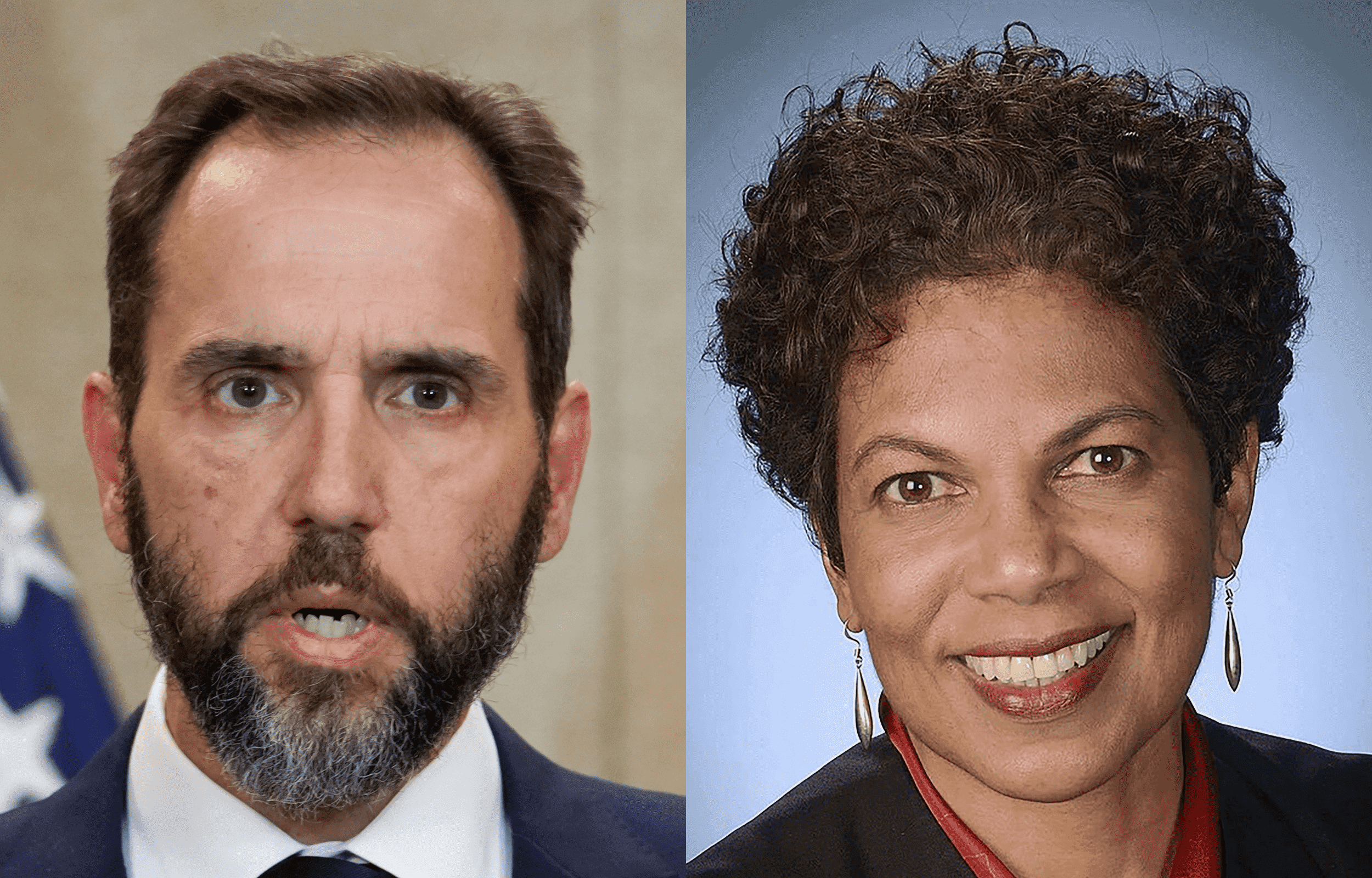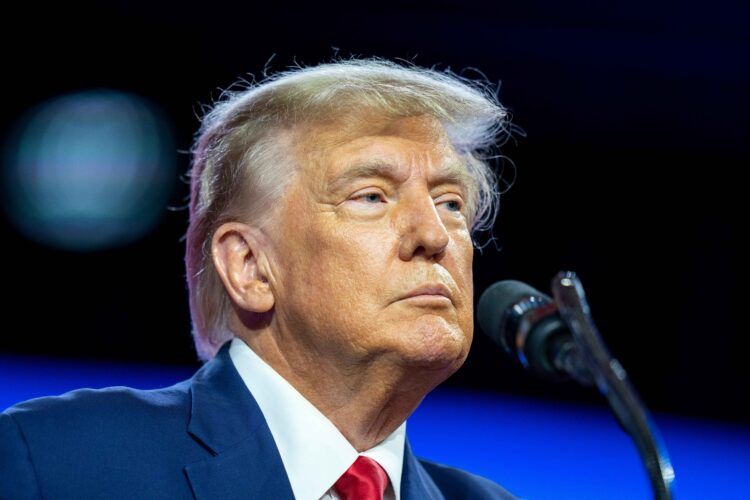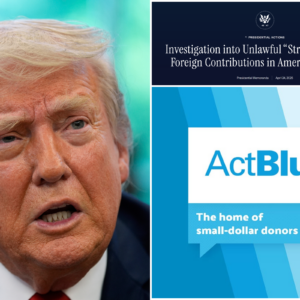A federal appeals court ruled on Tuesday that former President Donald Trump cannot claim presidential immunity to avoid prosecution in the 2020 election interference case against him. The ruling, which found the Trump defense team’s argument of executive privilege “unpersuasive,” allows Special Counsel Jack Smith’s case against the former president to resume after it was paused late last month.
“We have balanced former President Trump’s asserted interests in executive immunity against the vital public interests that favor allowing this prosecution to proceed,” the three-judge panel from the US Court of Appeals for the DC Circuit wrote in a 57-page opinion. “We conclude that ‘[c]oncerns of public policy, especially as illuminated by our history and the structure of our government’ compel the rejection of his claim of immunity in this case.”
Learn the benefits of becoming a Valuetainment Member and subscribe today!
This marks the second time in two months that judges have rejected an immunity claim from former President Trump, the first of which led to an appeal filed with the circuit court last month.
The judges also determined that presidential immunity does not apply to Trump as he is no longer the sitting president. The decision continued:
We cannot accept that the office of the Presidency places its former occupants above the law for all time thereafter. For the purpose of this criminal case, former President Trump has become citizen Trump, with all of the defenses of any other criminal defendant. But any executive immunity that may have protected him while he served as President no longer protects him against this prosecution.

Special Counsel Jack Smith, who is overseeing the effort to prosecute Trump for his role in the January 6th Capitol riot, has gone to great lengths to bring the case to trial before the 2024 presidential election in November. Smith’s previous attempt to expedite the process by taking the case straight to the Supreme Court was unsuccessful, and subsequent appeals by the Trump team put a months-long pause on the proceedings.
The appeals court waited nearly a month after hearing arguments to issue the ruling, creating uncertainty about whether Smith’s goal of a pre-election trial will materialize. In light of the delay, US District Judge Tanya Chutkan vacated the scheduled March 4th trial date from the docket and did not set a new one.
Related: Jack Smith Pushes Supreme Court for Unprecedented Ruling on Trump Jan. 6 Immunity
The appeals court has given Trump until February 12th to file another appeal with the Supreme Court, which would once again pause the proceedings and, in theory, delay it until after the election or vacate the case entirely. The high court has long held that presidents cannot be held civilly liable for their official actions after leaving office, and Trump’s defense has argued that this should extend to criminal charges as well.
“If immunity is not granted to a President, every future President who leaves office will be immediately indicted by the opposing party,” said Trump campaign spokesman Steven Cheung after the ruling. “Without complete immunity, a President of the United States would not be able to properly function!”
If Donald Trump were to regain the presidency before the trial commences, he could theoretically authorize a pardon for himself or order his new attorney general to dismiss the case.
Connor Walcott is a staff writer for Valuetainment.com. Follow Connor on X and look for him on VT’s “The Unusual Suspects.”



















Add comment